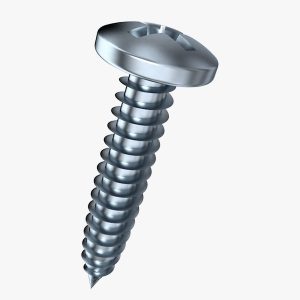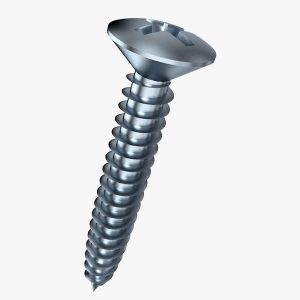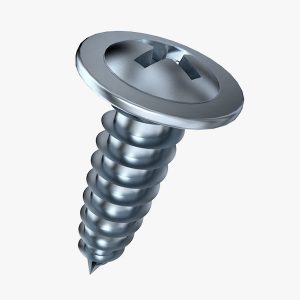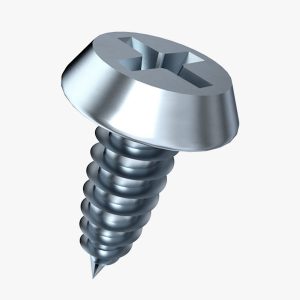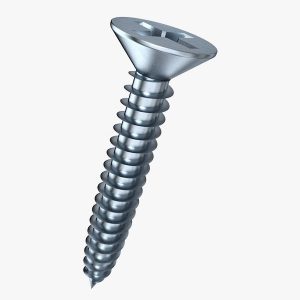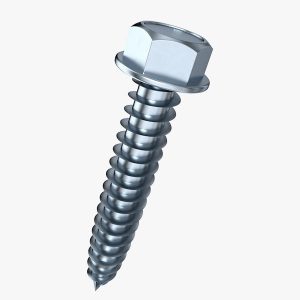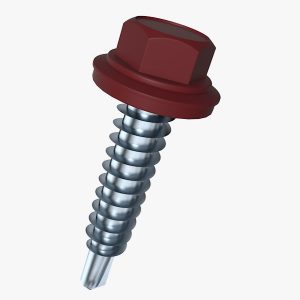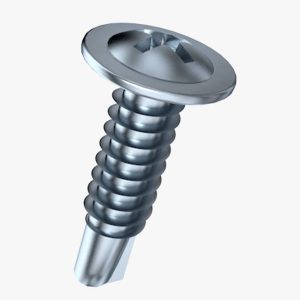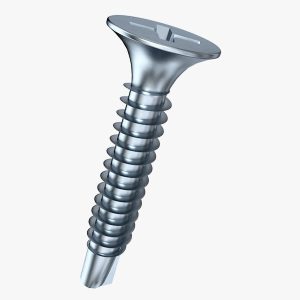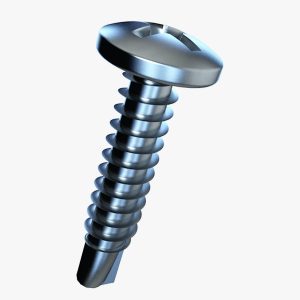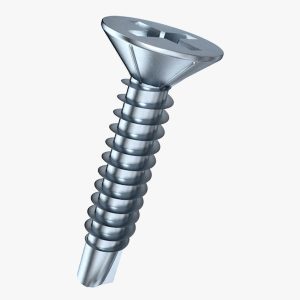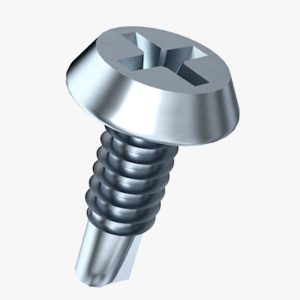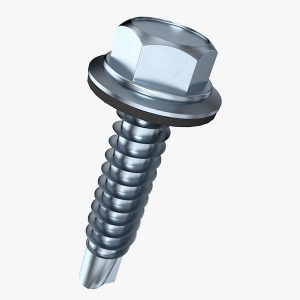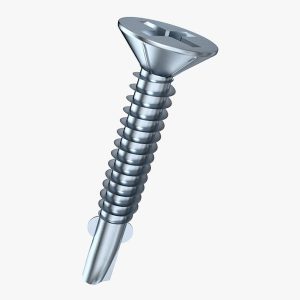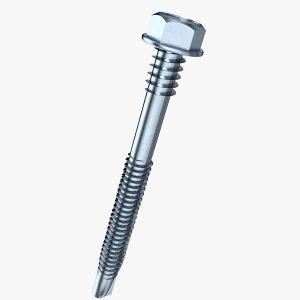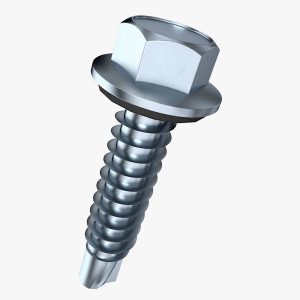Introduction:
Self-tapping screws, also known as self-drilling screws or quick-thread screws, are a common type of fastener used in various applications, from assembling appliances and toys to securing wall panels and thin metal sheets. In this article, we'll explore the characteristics, types, and uses of self-tapping screws.
What is a Self-Tapping Screw?
A self-tapping screw, as the name suggests, features a thread design that allows it to tap its own hole as it is driven into the material. Unlike traditional screws, self-tapping screws have a larger pitch and often a pointed tip at the end. They are primarily used in non-metal (wood, plastic) or thin metal applications.
Types of Self-Tapping Screws:
Self-tapping screws can be classified based on their head types, similar to other screws and bolts. Common head types include hexagonal, pan, countersunk, internal hexagonal, mushroom, and those with washers. Additionally, they can be categorized based on their specific applications, such as self-tapping locking screws, wallboard screws, self-drilling screws, and standard self-tapping screws.
Click on the image to view detailed parameters such as dimensions
Self-Tapping Screw
Self-Drilling Screw
Key Features of Self-Tapping Screws:
Easy Installation: Self-tapping screws eliminate the need for pre-drilling or tapping threads, allowing for a one-step installation process. They are often driven using electric screwdrivers after drilling a pilot hole.
No Nut Required: Unlike traditional screws that require a nut for fastening, self-tapping screws can be directly driven into the material, saving on cost and assembly time.
Corrosion Resistance: Self-tapping screws are commonly used in outdoor applications, requiring high corrosion resistance to withstand harsh environmental conditions.
High Surface Hardness: These screws feature high surface hardness and good core toughness, ensuring durability and reliability in various environments.
Thread Density: The number of threads per inch determines the self-drilling ability of the screw, with a higher thread density indicating better drilling performance.
Penetration Capacity: Self-tapping screws are suitable for materials with a thickness generally not exceeding 6mm, making them ideal for fastening thin metal sheets, steel structures, and connecting steel plates.
Applications of Self-Tapping Screws:
Self-tapping screws find widespread use in various applications, including: Securing wall panels and doors Connecting thin metal sheets Assembling appliances and toys Installing windows and door frames
Different types of self-tapping screws are suitable for specific applications:
Self-tapping locking screws for securing thin metal sheets Wallboard screws for attaching gypsum wallboards to metal studs Various head types for different installation requirements, such as countersunk screws for flush mounting and pan head screws for exposed applications. Conclusion: Self-tapping screws are versatile fasteners widely used in construction, manufacturing, and DIY projects. Understanding their types, features, and applications is essential for selecting the right screws for specific projects, ensuring secure and efficient assembly.
We are screw manufacturer, our main products are drywall screws, chipboard screws, self-tapping screws, self-drilling screws, wood screws, collated screws, etc. If you have purchasing needs, welcome to send us a message.

